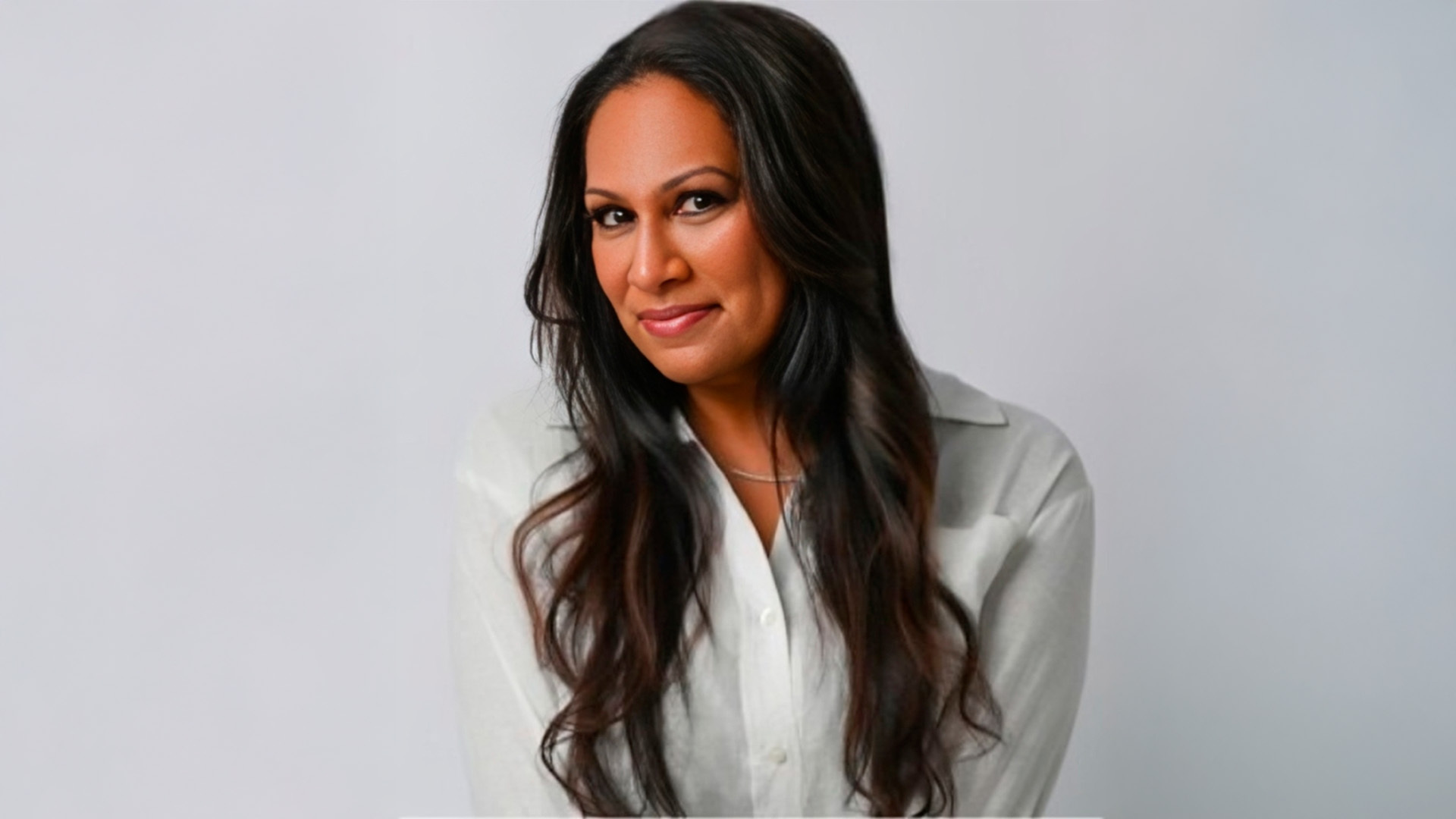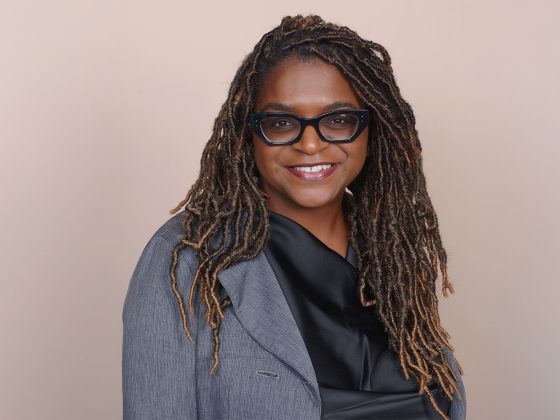As Principal Consultant at Avion Consulting, President of Transformative Consulting, and an adjunct professor, Nazma M. Rosado studies how leadership development can bridge theory and practice. Her research shows that effective leadership programs provide opportunities for experimentation and growth. “When designed thoughtfully, these programs can become incubators for innovation,” she says. “They give leaders space to test new approaches, challenge assumptions, and build habits that sustain change.”
Drawing on her experience in healthcare, pharma, and biotech, Rosado translates business-tested leadership frameworks into higher education environments. The result is a learning experience that mirrors the realities of organizational life while equipping leaders to thrive within it. Her own work and background highlight similarities between higher-level academic institutions and large corporations. Both must strike a careful balance between tradition and innovation. That balance means honoring a legacy of scholarship and established practices while encouraging experimentation and forward-looking structures that promote collaboration, inclusivity, and adaptability.
Rosado often observes that the most successful institutions are those that use their traditions as a foundation for authentic progress. “Academic institutions have long histories and deeply rooted cultures,” Rosado says. “But to remain relevant, they must also be agile and inclusive, empowering leaders at every level to think strategically and act courageously.”
The Strategic Power of Organizational Design
At the heart of Rosado’s leadership philosophy lies organizational design, which is a critical and often overlooked component of effective leadership development. “Efficiency starts with alignment,” she says. “When your structure mirrors your strategy, you reduce redundancy, confusion, and internal competition.” In one engagement with a biotech company, Rosado helped realign R&D and regulatory teams under a shared innovation hub. “That one shift improved collaboration and cut project timelines by almost 15%,” she recalls. “The lesson is simple: your org chart should reflect your goals, not your history.”
Within higher education, this principle translates into designing programs and academic departments that support evolving institutional goals. Rosado encourages leaders to ask whether their current structures enable innovation or hinder it. “A well-designed structure doesn’t just organize people, it empowers them,” she adds. “When culture and design intersect, that’s where transformation happens.”
Building Role Clarity and Empowerment
She often advises executives and academic leaders to define roles with intention to help both chart accountability and foster empowerment. “Unclear roles drain time and energy,” she says. “Every role should have a clear purpose and measurable outcomes.” With a pharmaceutical client, she introduced role clarity maps and cross-functional checkpoints that boosted throughput by 20% without adding headcount. The same principle, she argues, applies to leadership programs in universities: “When participants understand not only what they’re learning but why it matters and how it connects to institutional goals, engagement and performance soar.”
The Continuum of Learning
Rosado’s dual perspective as a consultant and an educator has allowed her to bridge the gap between theory and practice. Her programs tend to blend experiential learning with coaching, reflection, and strategic action. “In academia, we have the opportunity to shape future leaders before they’re in the pressure cooker of executive life,” she says. “But in both settings, the goal is the same: to develop leaders who create inclusive, empowered, and engaged workplaces.” Ultimately, Rosado’s work centers on aligning people with purpose. Whether advising Fortune 500 executives or university deans, her philosophy is the same: leadership is less about authority and more about alignment. “When leaders understand how their actions shape culture and performance, they begin to lead with greater clarity and compassion,” she says.
Her message continues to resonate across sectors because it speaks to a universal truth: organizations thrive when their leaders do. Through her consulting and academic work, Rosado continues to build frameworks that enable transformation not as a one-time event but as a continuous process of learning, adapting, and growing. “Leadership development is about helping people discover how to think,” says Rosado. “That’s where sustainable growth begins.” One of the ways she seeks to ensure we are investing in the future is by helping universities develop custom ‘launch programs’ in which each year the freshman, sophomore, junior, and senior classes take a two-day workshop designed to give them a leg up on the competition after graduation. Each class has a unique set of leadership competencies that they explore via learning and practice. Over the years, these skills build on each other so they are prepared leaders upon the launch into their fields upon commencement. Preparing leaders for the future, as Rosado says, is a passion and a duty.
For more insights from Nazma M. Rosado, connect with her on LinkedIn or visit her website.


